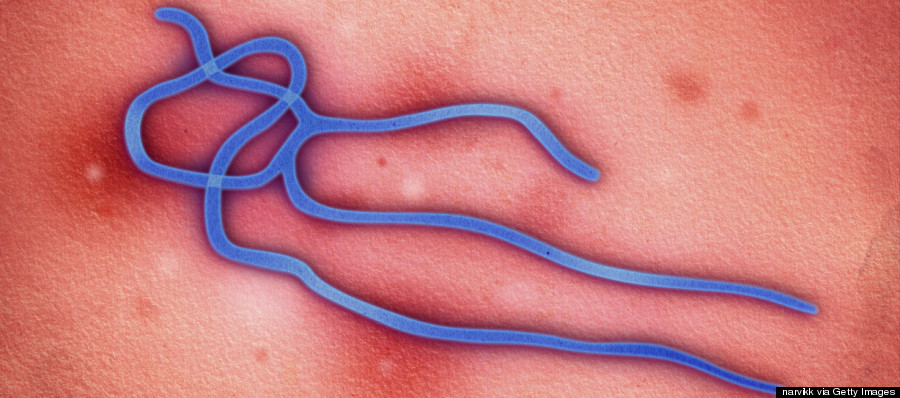GENEVA (AP) — The U.N. health agency officially declared an end Friday to the Ebola outbreak in Senegal, a rare bit of good news amid the public outcry and fear over the deadly disease that remains out of control in three West African countries.
The World Health Organization said it "commends the country on its diligence to end the transmission of the virus," citing Senegal's quick and thorough response.
Cases are still spreading in Liberia, Sierra Leone and Guinea, with more than 4,500 deaths.
A case of Ebola in Senegal was confirmed on Aug. 29 in a young man who had travelled by road to Dakar from Guinea, where he had direct contact with an Ebola patient. By September 5, laboratory samples from the patient tested negative, indicating that he had recovered from Ebola. He was able to return to Guinea on Sept. 18.
The declaration from WHO came because Senegal made it past the 42-day mark, which is twice the maximum incubation period for Ebola, without detecting more such cases.
"Senegal's response is a good example of what to do when faced with an imported case of Ebola," the WHO said in a statement. "The government's response plan included identifying and monitoring 74 close contacts of the patient, prompt testing of all suspected cases, stepped-up surveillance at the country's many entry points and nationwide public awareness campaigns."
Senegalese medical staff also had help from a WHO team of epidemiologists, the nation's health ministry, Doctors Without Borders and the U.S. Centers for Disease Control and Prevention.
"While the outbreak is now officially over, Senegal's geographical position makes the country vulnerable to additional imported cases of Ebola virus disease," WHO said. "It continues to remain vigilant for any suspected cases by strict compliance with WHO guidelines."
Nigeria, which had 20 cases and eight deaths after the virus was brought by a Liberian-American who flew from Liberia to Lagos, also appears to have been beaten back its advance largely through aggressive tracking of Ebola contacts, with no new cases since Aug. 31. WHO is prepared to declare Nigeria Ebola free on Monday if no new cases emerge.
Original Article
Source: huffingtonpost.com/
Author: AP
The World Health Organization said it "commends the country on its diligence to end the transmission of the virus," citing Senegal's quick and thorough response.
Cases are still spreading in Liberia, Sierra Leone and Guinea, with more than 4,500 deaths.
A case of Ebola in Senegal was confirmed on Aug. 29 in a young man who had travelled by road to Dakar from Guinea, where he had direct contact with an Ebola patient. By September 5, laboratory samples from the patient tested negative, indicating that he had recovered from Ebola. He was able to return to Guinea on Sept. 18.
The declaration from WHO came because Senegal made it past the 42-day mark, which is twice the maximum incubation period for Ebola, without detecting more such cases.
"Senegal's response is a good example of what to do when faced with an imported case of Ebola," the WHO said in a statement. "The government's response plan included identifying and monitoring 74 close contacts of the patient, prompt testing of all suspected cases, stepped-up surveillance at the country's many entry points and nationwide public awareness campaigns."
Senegalese medical staff also had help from a WHO team of epidemiologists, the nation's health ministry, Doctors Without Borders and the U.S. Centers for Disease Control and Prevention.
"While the outbreak is now officially over, Senegal's geographical position makes the country vulnerable to additional imported cases of Ebola virus disease," WHO said. "It continues to remain vigilant for any suspected cases by strict compliance with WHO guidelines."
Nigeria, which had 20 cases and eight deaths after the virus was brought by a Liberian-American who flew from Liberia to Lagos, also appears to have been beaten back its advance largely through aggressive tracking of Ebola contacts, with no new cases since Aug. 31. WHO is prepared to declare Nigeria Ebola free on Monday if no new cases emerge.
Original Article
Source: huffingtonpost.com/
Author: AP

No comments:
Post a Comment